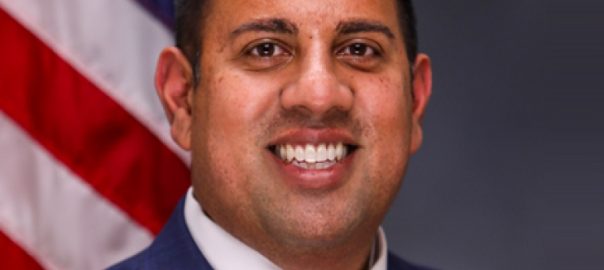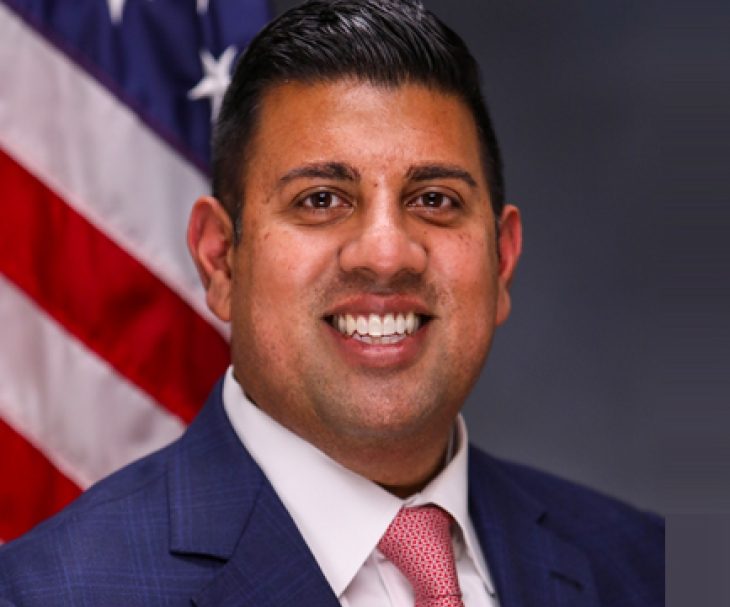
Keeping Our Promise to Cannabis Entrepreneurs
Three years ago when we passed the Marijuana Regulation and Taxation Act (MRTA), we did so with a promise that New York State would not just follow other states which had already legalized adult-use cannabis, rather that we would create a unique program with social equity as its core priority.
Since that time we have seen New York’s cannabis program’s starts and stops—from the joy of the first legal stores beginning to open, to the frustrations arising from lawsuit-after-lawsuit trying to bypass our equity provisions. But through it all, I have remained steadfast in my belief that the only way to have a successful legal market in New York is to establish a program that both sets us up for future growth and success, while also righting the wrongs of the past.
Social equity was not an add-on to the MRTA, it was a key tenant essential to its passage. For years, substantial harm was done to individuals impacted by the failed War on Drugs, and disproportionately to those from Black and Brown communities. The effect on these communities has been wide-reaching and long-lasting. Cannabis convictions made it harder for these individuals to secure good jobs, build generational wealth, and gain an education. In the Minority Cannabis Business Association (MCBA) National Cannabis Equity Report of 2022 it was found that “Blacks and Latinos have borne the brunt of cannabis prohibition and, therefore, stand as the primary intended beneficiaries of many cannabis social equity programs,” however, “with limited access to capital and extraordinary economic and compliance burdens from the outset, individuals with significantly lower net wealth from under-resourced communities face considerable challenges in obtaining the expertise to enter, sustain, and compete in the cannabis industry.” This is why we enacted provisions to give priority access to those who were adversely impacted and to provide resources during the conditional-license phase of the rollout.
Succeeding in this industry requires access to technical knowledge, real estate, and of course financing. While funding was previously set aside for Conditional Adult-Use Retail Dispensary (CAURD) applicants, many did not access these funds due to bureaucratic delay and financial requirements that made it more difficult to manage their business. Instead, early New York cannabis entrepreneurs turned to private investors, leading to additional hardship in upstarting their cannabis business. Now as we transition to full-licenses, the current state budget proposal lacks a similar investment to help social equity candidates with start-up costs, workforce training, and technical assistance. We must learn from the mistakes of the past and realize that if we do not remove barriers now, we will be leaving behind the very people we sought to uplift in the legalization movement.
There are three key steps to ensure the vitality of our adult-use market going forward. The first is to quickly award licenses and end the wait for the thousands of applicants currently in the pipeline. This is especially the case for applicants who are ready to open, having secured financing and property. Next is to crack down on the unregulated and unsafe illicit stores and create a market that allows legal businesses to effectively compete. We made strides on these first two steps in the Senate’s one-house budget resolution, including a repeal of the potency tax and empowering local law enforcement to padlock illicit stores.
But just as important is the third step, mitigating the financial and real estate barriers to support and prioritize social equity entrepreneurs. This is why as we enter final negotiations for this year’s state budget, I am calling for the inclusion of a revolving-loan fund that supports and invests in our Black and Brown cannabis entrepreneurs and provides them with the resources they need to succeed. These loans could be used for workforce training, marketing or simply to help an entrepreneur with cash flow as they open their retail stores or buy farm equipment.
Now is the time to honor the original intent of the MRTA and to create a truly equitable cannabis marketplace. If we fail to act, we will end up just like the states that came before us.
Jeremy Cooney represents the 56th District in the New York State Senate. He serves as the Chair of the Senate’s Subcommittee on Cannabis.

